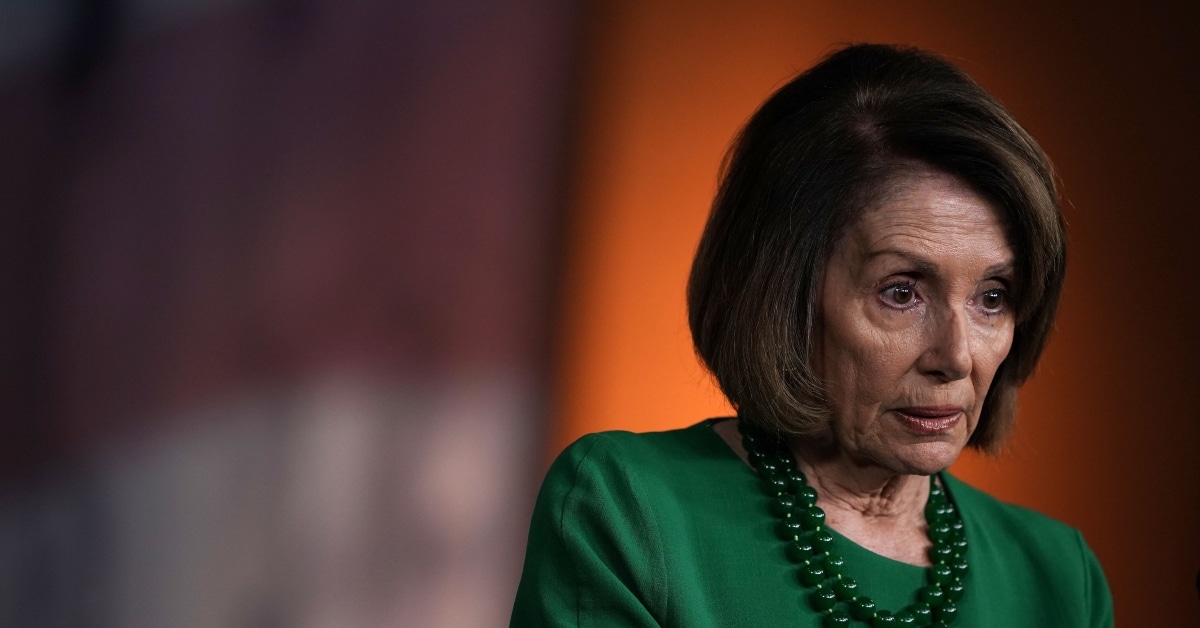OPINION: This article may contain commentary which reflects the author's opinion.
Voter integrity efforts were underway by a couple of organizations including Judicial Watch ahead of the 2020 election in order to clean up outdated voter registration rolls.
But the movement has significantly ramped up this year after a chaotic post-election period that involved scores of lawsuits filed by the Trump campaign and tens of millions of Americans left with the belief that the outcome of the presidential contest at a minimum was tainted.
In addition to Judicial Watch’s efforts, the Public Interest Legal Foundation has laser-focused on this issue of updating voter registration rolls especially as more jurisdictions move to mass mail-in balloting that experts once called ripe for vote fraud, the Washington Times reported.
The outlet added that PILF “went to Pennsylvania with a list of tens of thousands of people who were likely dead, but still on the state’s voter rolls in the weeks before the 2020 election,” however, officials there were “totally uninterested, according to Christian Adams, the organization’s founder. But once the election was over, Mr. Adams says, the state changed its tune.”
The Times adds:
It went into mediation with PILF, agreed to look into the list, and even agreed to a settlement paying some of the group’s lawyers’ fees.
The kicker, though, was that Pennsylvania prosecutors even brought charges against a man who, according to PILF’s data, had registered his dead wife to vote, then requested her ballot in the 2020 election.
“All of the sudden they’re happy to settle and to clean up their rolls,” Mr. Adams told The Washington Times.
He went on to note that the Pennsylvania case is hardly the only one. Following the 2020 election, numerous additional election integrity issues have surfaced and advocates like PILF are “seeing signs of better cooperation from at least some jurisdictions,” the Times reported.
“Last year’s contest exposed what those involved in voter administration have known for years — national elections are not an exact science, but rather an approximation of the will of voters in the weeks surrounding early November,” the paper noted, adding: “How close an approximation is still heatedly debated.”
What is clear to PILF and other voter integrity groups is that outdated, corrupted voter registration rolls — which, by the way, are illegal under the 1993 ‘Motor Voter’ law — lost and miscounted votes along with mishandled ballots are a lot more common than Democrats who poo-poo such claims admit.
Adams told the paper that his interactions with officials in Pennsylvania indicate that some states are responding better following the chaotic 2020 election.
“A virtual army has arisen of the grassroots, who are not worried about magic voting machines and recognize the real work of election administration. These people are pressuring states to follow the law and remove dead voters,” he said.
Other states, however, are pushing back — most of them run by Democrats. That includes Michigan and Colorado, the former of which refuses to remove 26,000 dead voters from registration rolls, and the latter of which is being sued by PILF to see just how out of date its rolls are.
Groups are fighting back as well. “The League of Women Voters sued Wisconsin last week to try to force the state to “reactivate” nearly 32,000 voters who were purged from the rolls ‘without warning,'” the Times reported.
Clean voter registration rolls go a long way toward preventing fraud. The Times noted that it is illegal to receive a ballot in someone else’s name who has died and then cast it in that person’s name, but such actions are hard to spot unless someone is actually looking for them.
“Tom Fitton, president of Judicial Watch, another group that polices voter rolls, said the key moment for election integrity came a few years back when the Supreme Court reaffirmed the requirement in federal law that states do have to take steps to clean up their lists,” the Times reported.
Some states remain hesitant, however.
“Our perception is that states that are not cleaning up the rolls won’t clean up the rolls until they’re called on it,” Fitton said.
